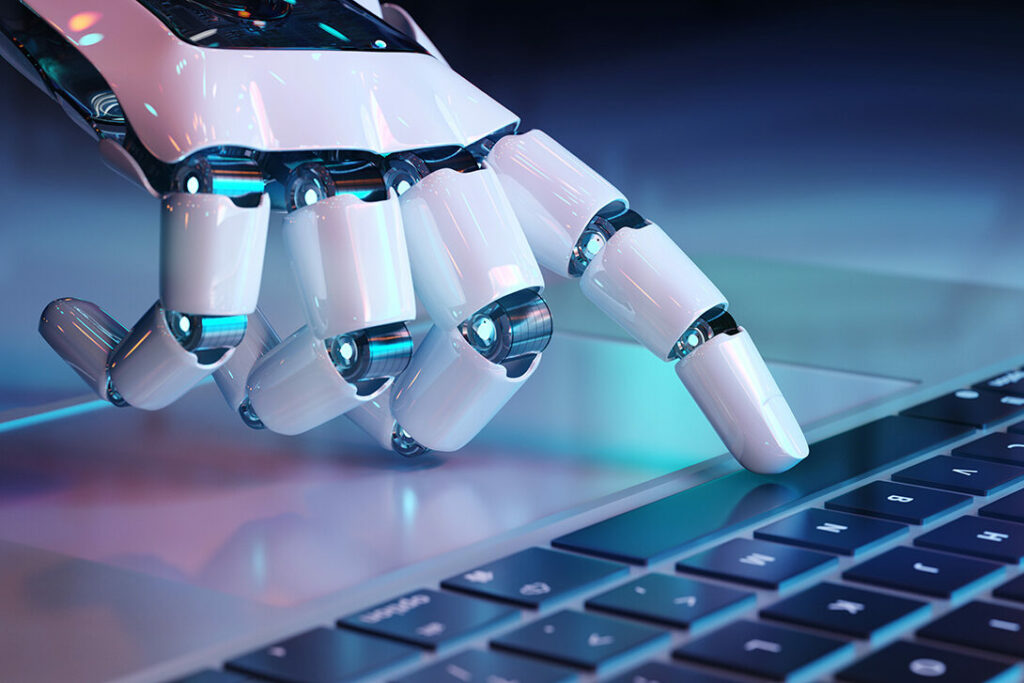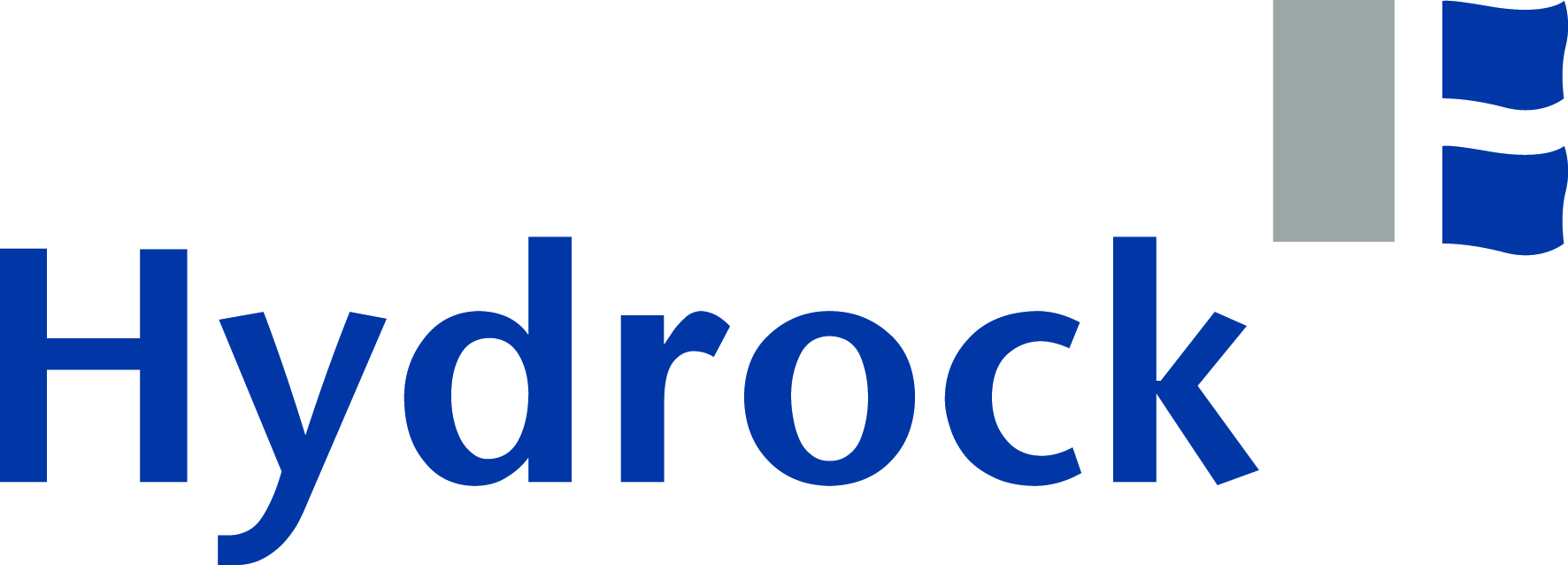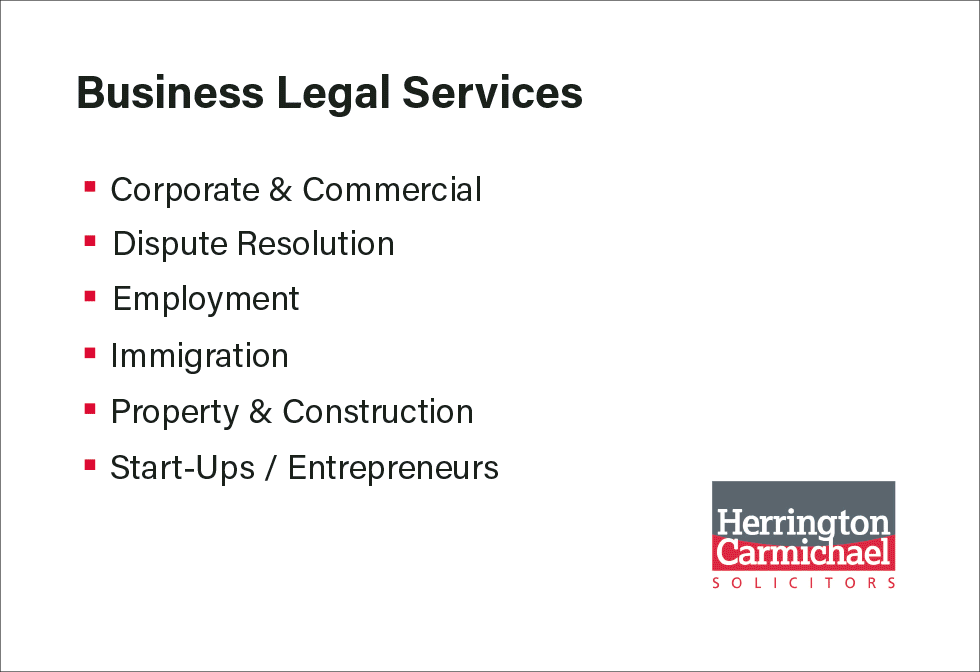Ready or not, here AI comes!

Opportunities for businesses in the industrial sectors.
Artificial Intelligence (AI) is emerging as a transformative technology across various industries, especially in finance, tech, healthcare, retail, and manufacturing. Other industries, such as construction and agriculture have been more cautious in embracing AI, where the potential benefits may be less obvious, writes Jason Mitchell, Partner, MHA.

What are the opportunities?
Enhanced efficiency and productivity:
For manufacturing businesses, one of the primary advantages of AI is its ability to enhance operational efficiency and productivity. Intelligent automation systems powered by AI algorithms can optimise production processes, streamline supply chain management, and minimize downtime. Predictive maintenance also enables proactive identification of equipment issues and potential failures, reducing unplanned downtime.
For construction firms, AI algorithms can analyse historical project data to provide insights for better project planning and design. By identifying patterns and correlations, firms can optimise project schedules, estimate costs more accurately, and develop designs that align with real-world constraints.
Energy efficiency and sustainability:
AI can optimise building management systems for energy efficiency. By analysing real-time data from sensors, AI can adjust HVAC and lighting systems to reduce energy consumption while maintaining comfort levels.
Site monitoring, safety and progress tracking:
AI-powered sensors, cameras and connected devices can monitor factories and worksites in real-time, detecting unsafe conditions and potential hazards, as well as providing insights into various aspects of operations, including the supply chain, inventory optimisation, and demand forecasting. Drones and IoT devices can also provide real-time updates on construction activities to track the progress of multiple projects.
Supply chain management:
AI can help predict material demand, optimise inventory levels, and even suggest alternative suppliers in case of shortages, streamlining the procurement process.
Building Information Modelling (BIM) Enhancement:
AI can integrate with BIM, a workflow process, based around models used for the planning, design, construction, and management of building and infrastructure projects, to process vast amounts of data in order to generate insights, enabling firms to identify potential clashes, optimise building layouts, and simulate different scenarios for better decision-making.
Robotics and autonomous systems:
Robots with AI capabilities can operate collaboratively with a human workforce to perform complex tasks with precision, speed, and consistency, as well as mundane, repetitive tasks to reduce manual labour requirements and increase production efficiency. This can potentially free up human resources for higher-level problem-solving and innovation. Human-machine collaboration is becoming increasingly prevalent in manufacturing settings, with staff interfacing with AI systems through voice commands, or wearable devices. This collaboration allows employees to access real-time information and receive AI-generated recommendations.
What are the risks?
Data privacy, security and ethical considerations:
AI relies heavily on data collection, analysis, and storage to function effectively. However, collecting, storing and processing vast amounts of data creates concerns regarding the security and privacy of sensitive data. Breaches or unauthorised access to this data can result in intellectual property theft, compromised trade secrets, or regulatory non-compliance.
There are also a number of ethical concerns related to transparency, fairness, accountability, and the potential for AI to reinforce existing bias or discrimination. For example, the monitoring of staff with drones or other devices may invade their privacy and could lead to a hostile working environment where staff feel under constant surveillance.

Data collection, storage and legal basis:
AI drones gather a significant amount of data, including visual footage and potentially biometric information. Employers must have clear policies in place regarding data collection, storage, and retention and obtain informed consent from employees before implementing surveillance measures. This includes ensuring that sensitive data is protected and not used for purposes beyond what was initially communicated.
Workforce displacement:
AI has the potential to replace a number of manual or repetitive tasks, which could lead to job displacement for some workers, decreased job satisfaction, and the need for upskilling or retraining of the workforce.
Technical Challenges:
Implementing AI systems can be complex and require significant technical expertise to ensure reliability, accuracy and safety.
Cost of Implementation:
Adopting AI technologies often involves significant upfront costs, including infrastructure upgrades, training, and ongoing maintenance.
Lack of human judgment:
While AI systems excel at data analysis and automation, they still lack the ability to incorporate human judgment and intuition. Certain complex decision-making processes will still require human intervention, particularly in situations that involve unforeseen circumstances or non-routine events.
To mitigate these risks, it is important to develop robust AI strategies that include comprehensive data security measures, ethical guidelines, employee training programs, and contingency plans to address potential disruptions.
AI from an audit perspective
AI can assist auditors, business owners and finance directors to gain valuable insights from their financial data in real-time and help prepare for audit; namely in areas of data analysis, identifying inconsistencies, errors, or anomalies to help ensure data is accurate and reliable. AI algorithms can also assess financial data for potential risks, compliance issues, and detect patterns indicative of fraudulent activities; and by using historical financial data, AI can provide predictive insights, such as forecasting future revenue, expenses, and cashflow.
We are increasingly incorporating techniques such as data analytics, artificial intelligence and machine learning into our audits through our global partnerships with software vendors, which revolutionises the efficiency, quality and value to clients of audit work for the industrial sectors.
The future of AI holds immense promise for the industrial sector. By leveraging intelligent automation, robotics, and data analytics, businesses can achieve unprecedented levels of efficiency, productivity, and innovation. As AI continues to evolve, its impact is likely to become more profound, unlocking new opportunities and driving transformative change.
Our business advisors have experience across multiple industries and sectors of how firms are implementing and benefiting from AI and the various challenges and opportunities available.
For more information about MHA visit www.mha.co.uk
and If you would like to discuss our insights in more detail, email Jason Mitchell at [email protected]














